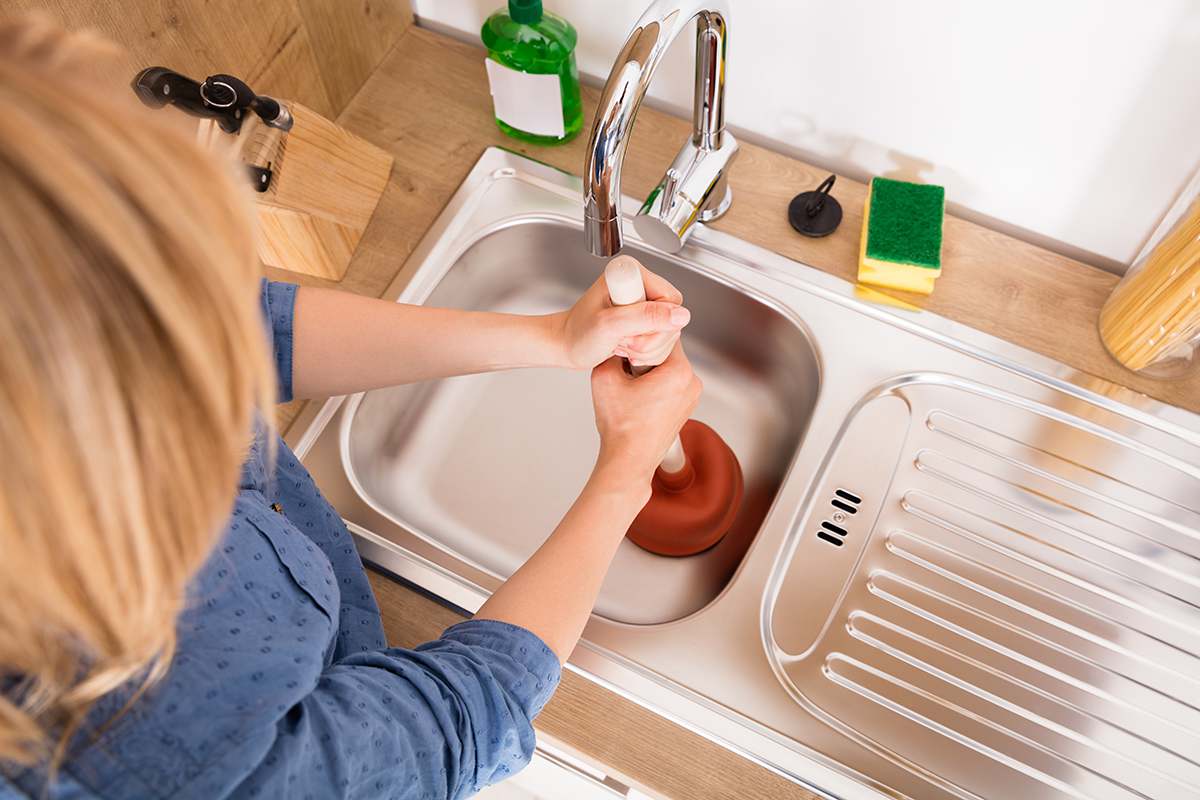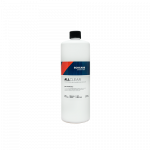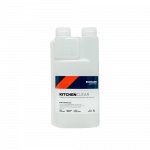Many people don’t realise that the majority of drain unblocking products found in supermarkets and hardware stores are harsh chemical based and are one of the worst things you can pour down your drains.
They will likely help with clearing drains, but so will a litre of strong acid. We do not recommend you do either, especially if you’re on septic. These harsh chemicals are the main cause of wastewater system odours, blockages and failure.
Why chemical based drain cleaners are dangerous for septics
Septic, AWTS and greywater systems all rely on beneficial bacteria within the system to break up waste and digest it. These microorganisms are fundamental to the waste breakdown process and if the bacteria are killed off or their delicate ecosystem is disturbed, issues will develop and if left untreated the system will fail.
Since the waste breakdown process within your system relies on living microorganisms, any harsh chemicals that go into your system will cause damage. The harsh chemicals which are toxic to your system’s beneficial bacteria include bleaches, disinfectants, antibacterial products and most importantly, conventional drain cleaners.
People living on town sewage can get away with using these harsh chemical based drain cleaners because the sewage treatment plant they never see or smell will have to deal with the consequences. If you live with an on-site septic system, you own the sewage treatment plant, the smell will be right outside your door and you have to pay out of your pocket for the consequences.
The types of drain cleaners you should avoid
Conventional drain cleaners fall into three categories: caustic drain cleaners, oxidizing drain cleaners and acidic drain cleaners. They should all be avoided as they contain strong chemicals that are dangerous for you, your system and the environment.
When choosing a product to clear your drains, you should avoid using products that contain any of the following:
- Lye (sodium hydroxide)
- Caustic potash (e.g. potassium hydroxide)
- Bleach (e.g. sodium hypochlorite)
- Peroxides (e.g. hydrogen peroxide)
- Nitrates (e.g. sodium nitrate)
- Sulfuric acid or hydrochloric acid (not commonly sold in stores, usually sold to plumbers)
The types of drain cleaner you can use with your septic
If you’re on a septic, AWTS or greywater system you should only be using drain cleaners that take advantage of biological processes and use readily biodegradable surfactants.
EcoCare All Clear and EcoCare Kitchen Clear are highly-effective drain cleaners that use specialty bacteria to break down blockages and readily biodegradable surfactants which bind to waste particles so that they can be washed down your pipes easily.
EcoCare’s drain cleaning products have been specially formulated to nourish your system after they’ve done their job of clearing any clogs or blockages.
How to tell if a drain cleaner is actually septic safe
There are a number of off-the-shelf drain cleaners that claim to be septic safe, which actually aren’t. What they mean by septic safe is that they won’t damage your physical system, but the chemicals they contain will still kill the beneficial bacteria within your system and prevent it from functioning as intended.
Look at the ingredient list and if you see any of the chemicals listed above you should avoid using that product.



